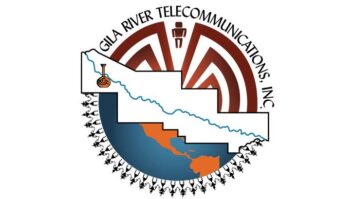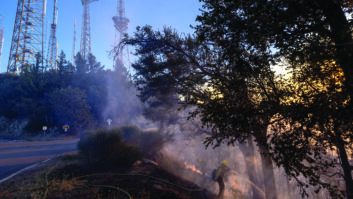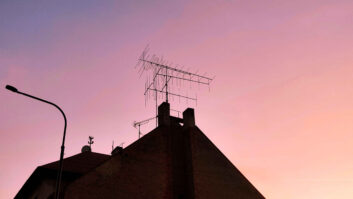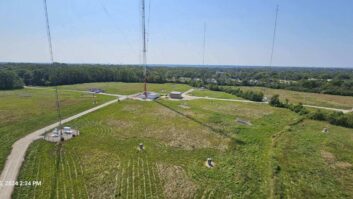If paid content that airs on your station isn’t identified clearly, you could end up paying for the mistake, as Chicago AM station WLS is finding out.
WLS had been owned by Citadel and thus is now part of Cumulus. It faces a $44,000 fine in a case involving content that came from the labor organization Workers Independent News and aired in March of 2009. The FCC received a complaint that WLS had not adequately disclosed that a spot was an ad rather than a news story. The commission sent a letter of inquiry to the station (almost two years after the incident, in January 2011) about the allegations.
The station had aired many WIN spots and longer programs over several months, it told the FCC, and all except 11 spots definitely complied with the sponsorship ID rules. Those last 11 did mention Workers Independent News and identified the narrator but didn’t state that they were paid for or furnished by WIN.
WLS believed these 11 spots were still within the rules because they named the organization and because the program matter was identifiable as paid because it was included with other commercials, not embedded within news content. Further, WLS said, the wording of the complaint proved that the person who wrote to the FCC knew the material was paid for.
But FCC says the 11 announcements broke the rules. WLS, it wrote, “offers no precedent in support of its argument that, because each of the announcements identified ‘Workers Independent News’ by name, they satisfied the ‘basic requirement’” of the rules. (The FCC said it has made this clear before. For instance, saying “This is Jack Douglas speaking for the Minnesota School Boards Association” is not sufficient identification in an announcement that was paid for by the association.)
Giving a sponsor’s name may be sufficient when the content deals with products or services; but in this case the announcements did not. Also, the FCC said, the name Workers Independent News “implies or creates the impression of an objective news program rather than an attempt at persuasion.”
The commission rejected the reasoning that the spots were identifiable as paid content because they were “included with other commercial matter” rather than news content. Because of the nature of the content, dealing with a legislative issue, “it would not have been apparent to listeners from the announcements themselves that they were sponsored programming, even if commercial programming preceded and succeeded the 11 spots,” the commission ruled.
Last, the commission said, just because the complaining person may have been aware that the material was paid programming does not absolve the station.
The base penalty in such cases is $4,000. The proposed fine is for 11 instances, for a total of $44,000. The FCC now has issued a notice of apparent liability. The station has 30 days to pay or appeal.






